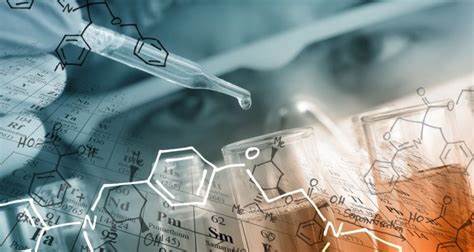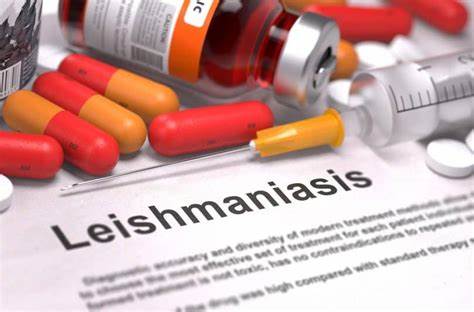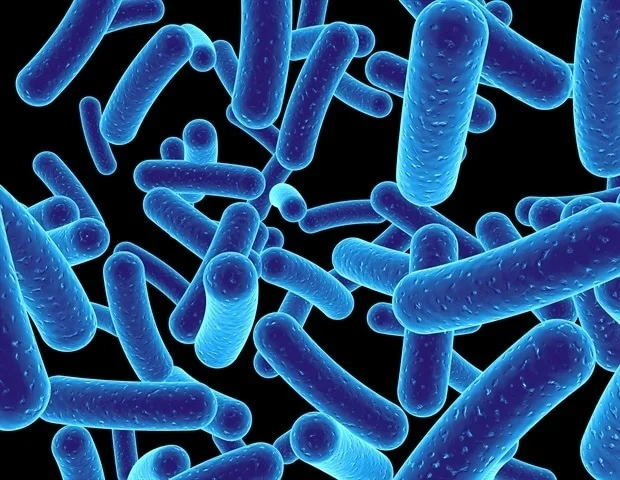Covid-19 has led to loss of many lives and crippling of economies of several countries. However, beyond the most obvious fallouts of this deadly disease caused by an insidious virus, the shadow of upsurge of antibiotic resistance is looming over the entire mankind which will be realised in the time to come. A medical revolution of colossal proportions happened on 28 September 1928, when the first antibiotic was discovered by Sir Alexander Fleming, a Scottish bacteriologist. This discovery was heralded as a path-breaking moment in the history of medicine as it seemed that the human race had finally found a new direction to combat deadly bacterial infections. What followed that event was the discovery, mass production, and prescriptions of several antibiotics over the next few years.
A mass optimism swept the world towards the dawn of a new period termed as the antibiotic era. A race to produce new antibiotics led to hundreds of antibiotics being churned out and consumed by the masses for bacterial infections. Even in his acceptance speech of Nobel Prize conferred to him, Sir Fleming had warned mankind against indiscriminate use of antibiotics, since that would lead to the bacteria developing resistance against the antibiotics which had been designed to kill them. Unmindful of this warning, overuse of antibiotics all over the world finally led to a global phenomenon, known as Antibiotic Resistance. This was a blanket term to describe the emergence of novel bacterial strains which are resistant to several antibiotics, known as multi-drug resistant bacteria (MDR) and all antibiotics, 2 known as all drug resistant bacteria (ADR).
The battle between the humans and these bacteria, also known as ‘Super bugs’ has set the ball rolling once again, for the sharp descent into the ‘Pre-antibiotic’ era in the future.
The new drug pipeline for drug-resistant bacteria is drying out, causing alarm and concern about the impending doom of mankind. While sometimes resistance occurs naturally, in most cases, it happens due to clinical misuse and self-medication. The other causes for antibiotic resistance are irresponsible disposal of untreated chemicals from manufacturing units and healthcare systems in the environment, indiscriminate feeding of antibiotics to livestock, and overuse of pesticides on crops, which are consumed unknowingly by humans. The multipronged solution to the worldwide predicament of antibiotic resistance includes creating awareness among the common man about the phenomenon of antibiotic resistance in order to prevent self-medication, careful monitoring of specific bacterial responses to various antibiotics, limiting the prescriptions of antibiotics by clinicians, and prevention of environmental pollution.
There is also a need to discover and design new drug molecules which could be used in lieu of the commonly prescribed antibiotics. In recent times, the outbreak of the pandemic of Covid-19 has only led to escalate the imminent threat of antibiotic resistance. Though Covid-19 is caused by a coronavirus, its health complications are often compounded by serious secondary bacterial infections. In the ensuing chaos of this pandemic, two diverse phenomena are occurring which are causing overuse of antibiotics. One, several patients are not being able to access the healthcare workers due to lockdowns and are indulging in self-medication. Second, since Covid-19 has caught the world at the wrong foot unexpectedly, many antibiotics are being widely used to combat bacterial infections in the Covid-19 patients in hospitals all over the world.
The sudden emergence of this deadly virus has not given enough time to the healthcare workers to prudently balance the treatment of the patients against the future danger of the antibiotic resistance, which will be felt for centuries to come. The bright side of the problem is that the emergence of this pandemic has brought the spotlight on the infectious diseases caused by superbugs, which is making the governments and policymakers of all the countries in the world take these phenomena seriously. This event has indicated that despite the cutting-edge technologies and sophisticated medical care, pandemics of gigantic magnitudes caused by superbugs may happen in future as well. Despite the doomsday prophecies, it is hoped that this global crisis will help the world to educate itself better about the constant and impending threat of superbugs and antibiotic resistance, and recognise the critical tip of the iceberg that we are collectively sitting on.
The mankind has valiantly fought and emerged victorious after the onslaught of past pandemics. Hence, careful monitoring of antibiotic use and aggressive repurposing of drugs to enhance the drug pipeline for new antibiotics while limiting environmental pollution will give a new direction for mankind to overcome the global threat of antibiotic resistance.
Prof Sujata Sharma is associated with the Department of Biophysics, AIIMS, New Delhi.











